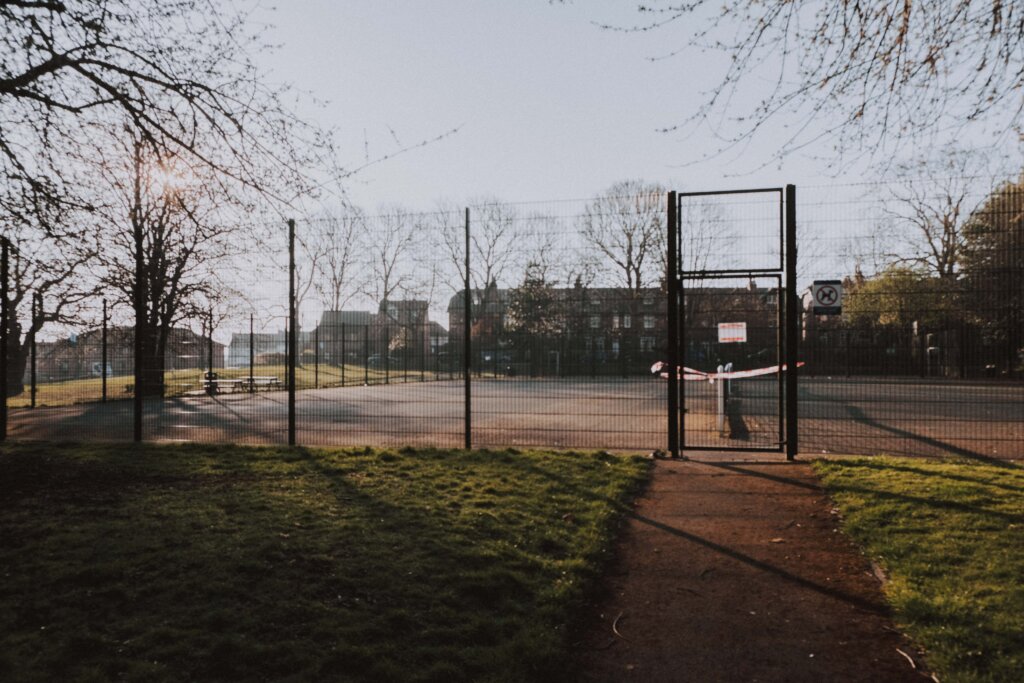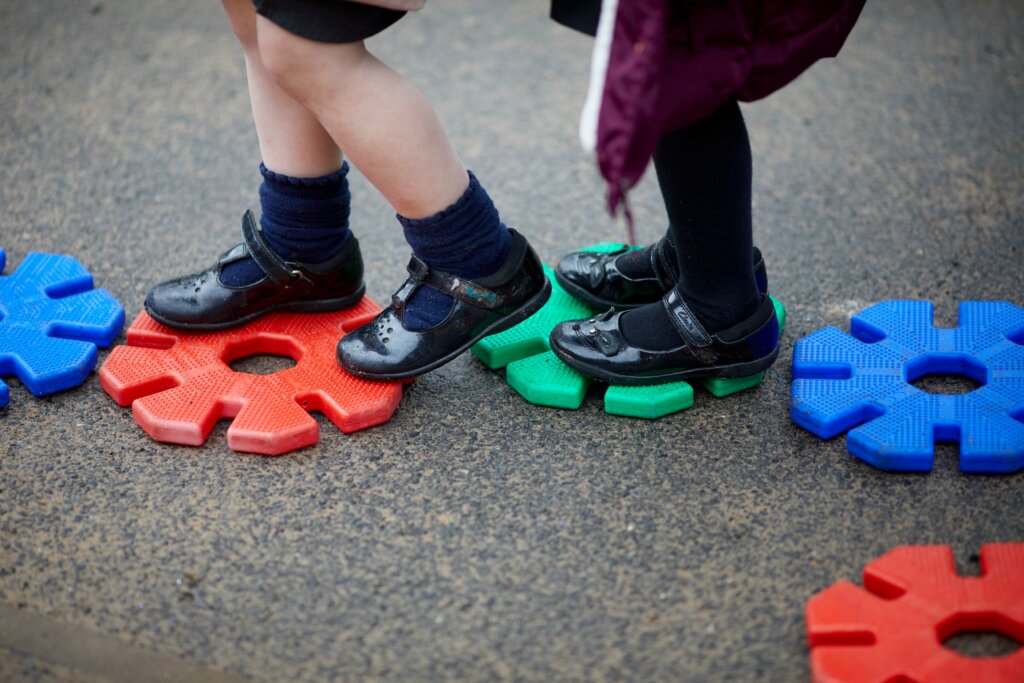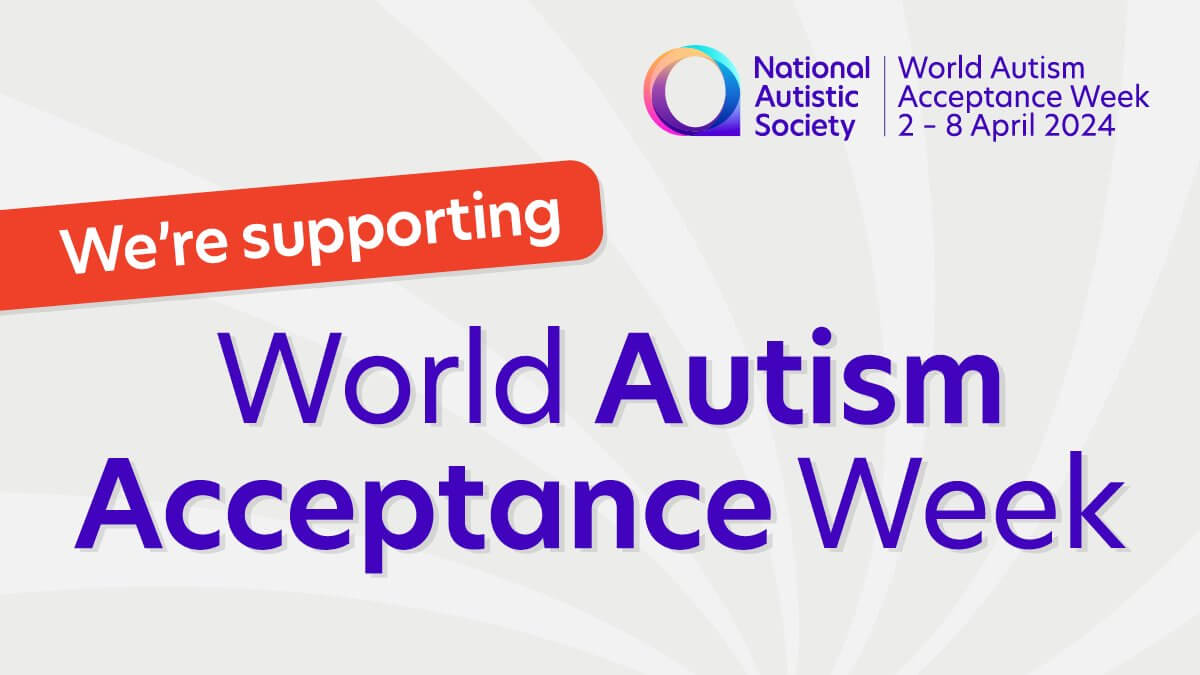World Autism Acceptance Week takes place between 2 – 8 April 2024. This is an opportunity to raise awareness about autism and take action to make the world a more inclusive place for autistic people.
For many autistic children and young people, school can be a very difficult experience. According to the National Autistic Society, only 26% of pupils feel happy at school. Whilst classroom teachers and support staff want to help their learners, it can be difficult to identify when an autistic pupil is struggling in school. This is because they are “masking,” a common, yet costly, survival strategy that many autistic people use.
But what exactly is masking and what impact does it have on your pupils’ mental health? Keep reading to find out everything you need to know.
What is masking?
Masking (also known as camouflaging) means to hide or disguise parts of oneself in order to better fit in with those around you.
This is a common survival strategy that all humans develop. Whilst it is often unconscious, many of us will be familiar with the idea of masking particular habits, traits, and behaviours in order to connect and form relationships with those around us – especially in certain contexts, such as a job interview or a formal event.
However, for autistic people, masking is much more intense and nearly constant. This is because autism is associated with certain characteristics which are often deemed socially unacceptable, such as stimming behaviours, sensory sensitivities, and difficulty making eye contact, among many others. As a result, autistic people experience a greater pressure to suppress these parts of themselves in order to appear more neurotypical and blend in with the crowd.
To learn more about masking, download and share this free resource.
Masking in school
In school, it is normal for children to feel the pressure to fit in with the social norms and expectations set by their peers. This is especially the case in high school, as peer acceptance is so important to teenagers during this particular stage of psychosocial development.
It is no surprise, then, that masking is so common in school. But despite its prevalence, it can be difficult for teachers to spot. Autistic children who mask in school can often seem very well-behaved, eager to please, and hard-working. But the strain of masking for many hours at a time eventually takes its toll once they get home. There, children will release the stress and discomfort they have felt throughout the day, which can lead to panic attacks and meltdowns. This is why parents and teachers will often see a different side to the same child. Communication between the two is therefore essential.
The harms of masking
Masking is not just a matter of suppressing autistic traits and behaviours. It also involves mimicking the facial expressions, body language, habits and interests of others in order to avoid the prejudice and judgement that comes with being different. This requires constant effort and hypervigilance, which can be extremely tiring and detrimental to mental health.
In this way, masking can lead to feelings of stress, anxiety, and burnout. It can also contribute to feelings of isolation, as individuals begin to lose a sense of who they truly are by disconnecting from their own wants and needs.
What is autistic burnout?
Burnout refers to a state of complete mental, physical, and emotional exhaustion. Neurotypical people experience burnout due to prolonged or repeated stress, most commonly as a result of work, or problems with family and social life.
Autistic burnout is a similar feeling of extreme fatigue – but, in this case, it results from masking and coping with the demands of the neurotypical world. Much more than simply feeling tired and overwhelmed, autistic burnout can encompass a wide range of symptoms:
- Fatigue
- Increased irritability
- Increased anxiety
- Increased or decreased sensitivity to sensory stimuli
- Loss of communication skills
- Reduced memory capacity
- Decrease in motivation
- Loss of executive functioning abilities
- More frequent and intense meltdowns/shutdowns
- Difficulty with self-care
- Loss of social skills
- Struggling to cope and mask
Learn more about energy and burnout in this free resource.
Autistic burnout can last for weeks, months, and even years. Whilst there are steps that individuals can take to recover from burnout, such as engaging in calming activities, special interests, and structured routines, it is much easier to be proactive and try to avoid burnout in the first place. That’s why it’s important to raise awareness of masking and burnout in school, so staff can confidently identify and respond to children’s needs.
Raising awareness in school
The One Education SEND service provides expert support, training, and guidance to schools, ensuring that every learner with SEND can achieve their full potential. Our team of specialists can work with your team to develop their understanding of autism and the challenges that autistic pupils may encounter in an educational setting.
By exploring the potential difficulties and needs that autistic learners will experience, including the problem of masking and burnout, we will identify effective strategies to help your staff diminish barriers to learning and create an autism-friendly learning environment.
Support for autistic pupils
Our experts can also provide one-on-one support to help children manage the demands of school life whilst taking steps to avoid autistic burnout and emotional exhaustion. Together, we can explore strategies to promote positive mental health, ensuring that pupils can continue to enjoy learning and feel part of the school community.
To find out more about our consultancy services and training, please get in touch.
Please complete the form below and we will get in contact as soon as we can to help you with your query.
















